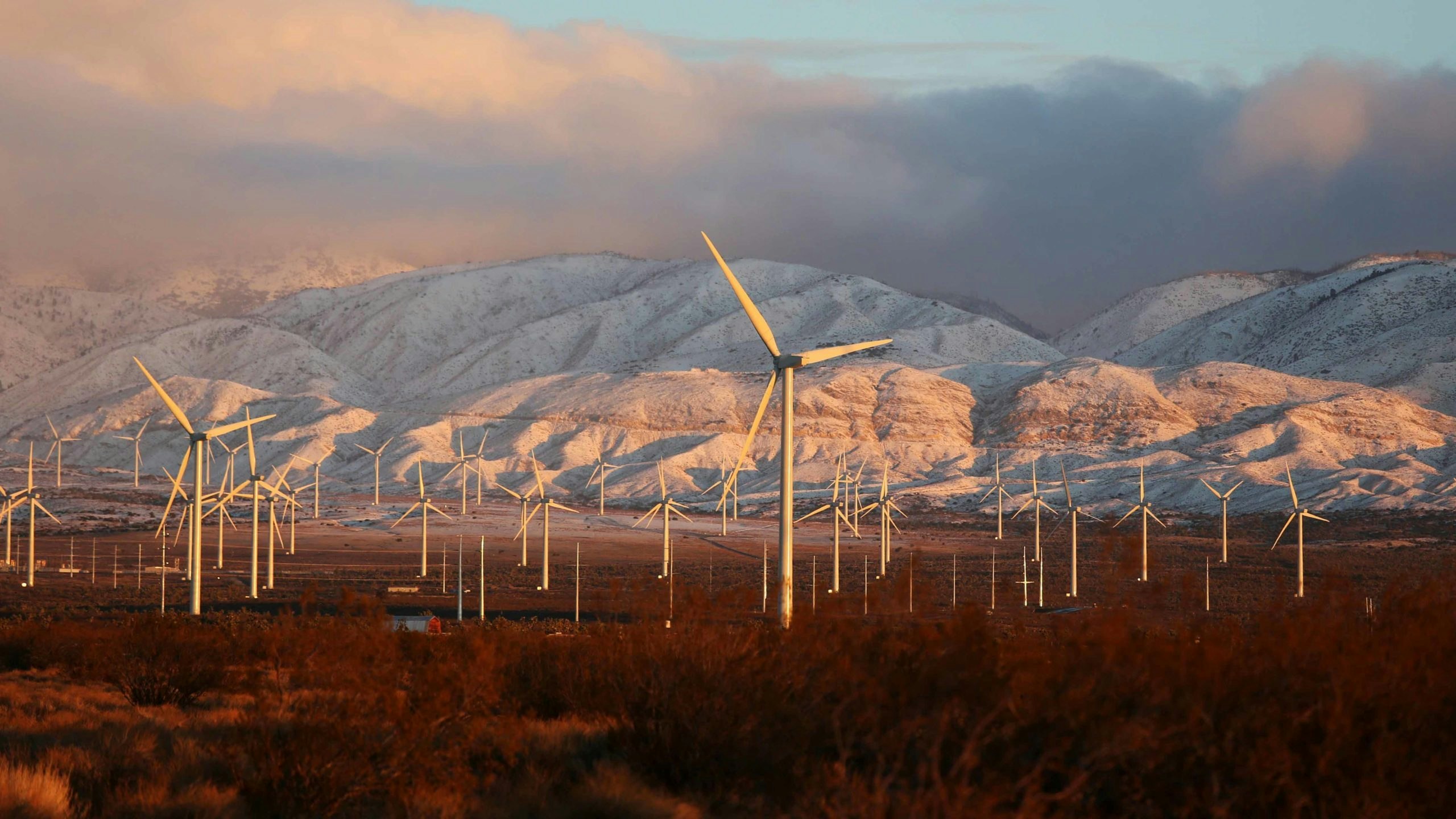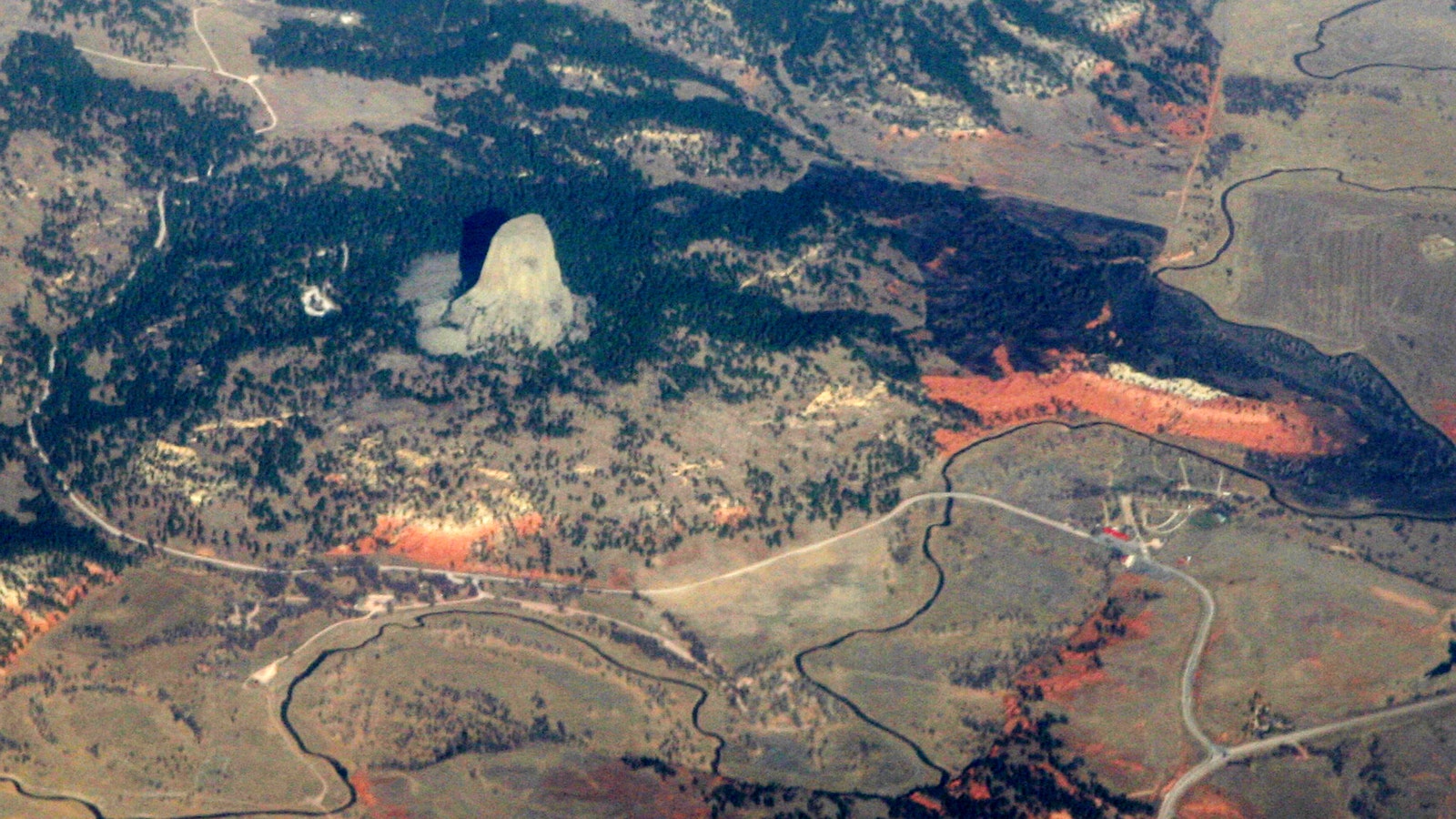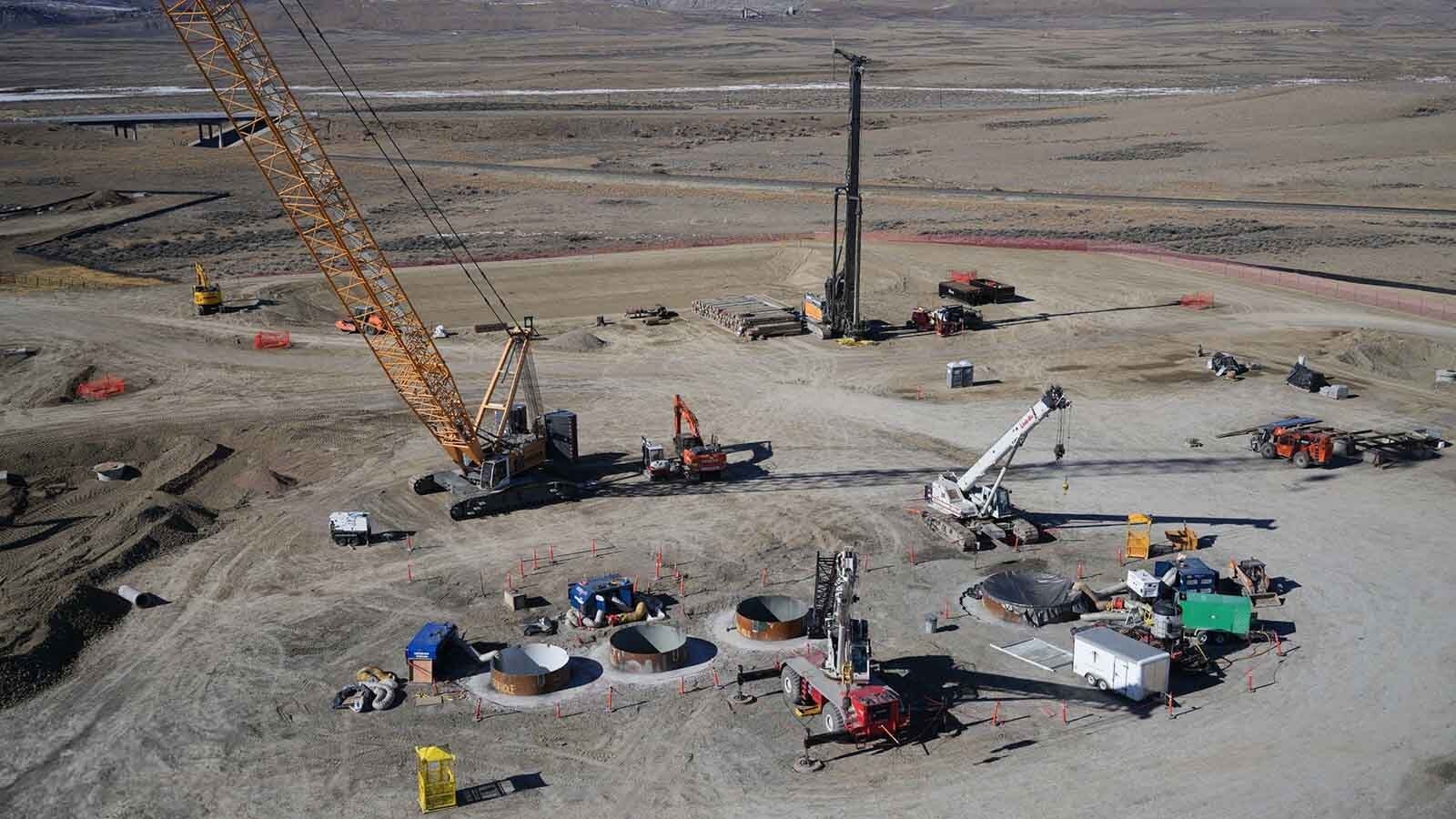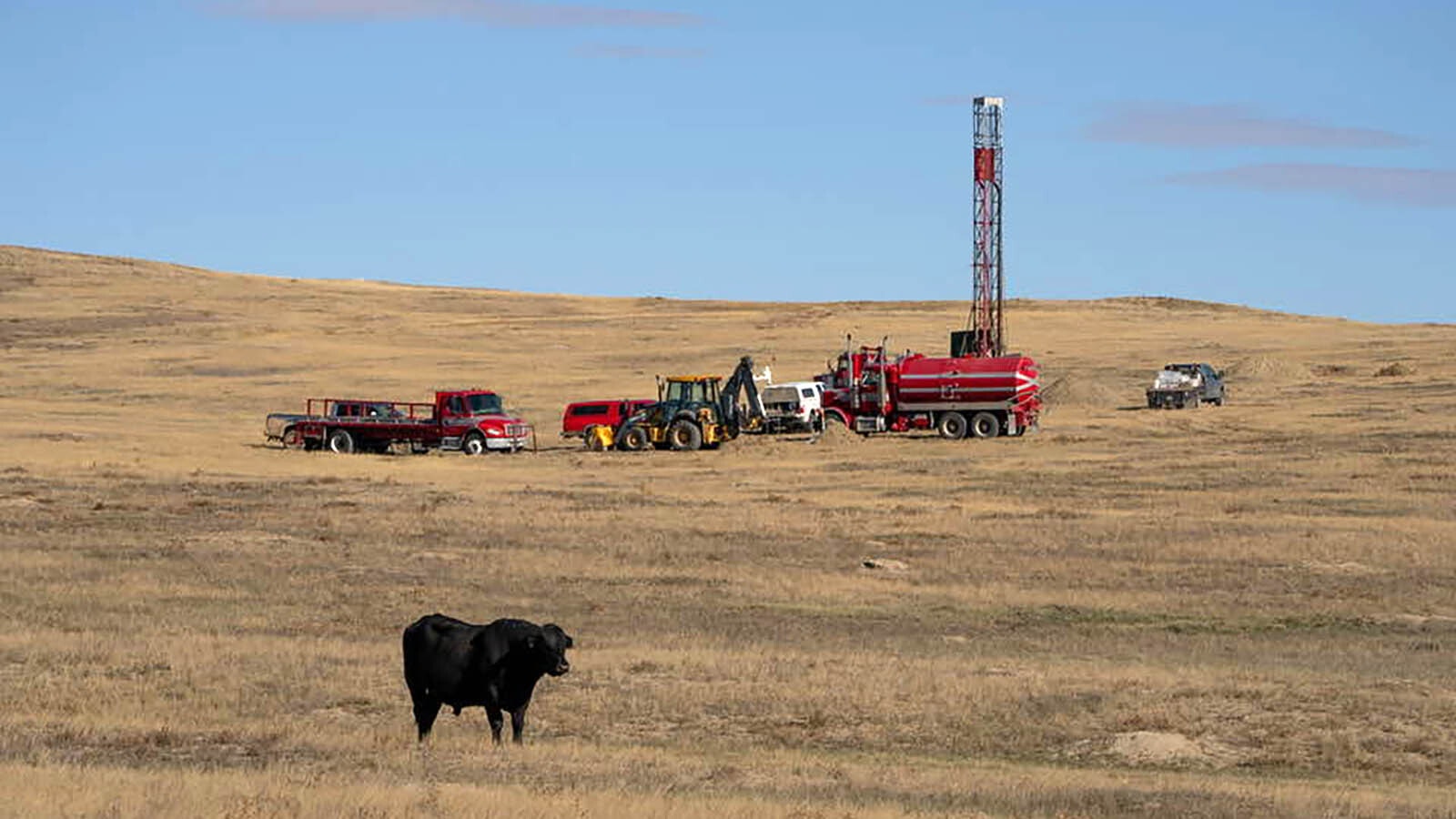The Wyoming House nearly overturned Gov. Mark Gordon’s veto this week on a bill that would have prevented independent wind farms from using eminent domain to build power lines across private land.
Eminent domain is a law that forces landowners to sell or lease their land at market value for infrastructure projects, which includes pipelines, canals and roads, when they’re deemed to be in the public interest.
The bill’s sponsor, Rep. Allen Slagle, R-Newcastle, told Cowboy State Daily he was disappointed in the governor’s decision to veto the bill.
“I really felt that the governor traded Wyoming private property rights for a federally subsidized green energy, wind energy program that is owned by a foreign company,” Slagle said.
The House vote to overturn the governor’s veto failed in a vote 38-24, a few votes shy of the two-thirds majority needed to pass.
Reinstating A Ban
Slagle became concerned about the use of eminent domain for transmission lines when a foreign-owned independent power producer (IPP) building a wind farm on state land began communicating with private property owners in Niobrara County that a transmission line would need to be built in support of the project.
House Bill 106 would have reinstated a law that prohibited IPPs, which are wind farms owned by private companies and not public utilities, from using eminent domain for the purposes of building transmission lines in support of their wind farms. The law expired in 2015.
Slagle’s bill wouldn’t have applied to public utilities, which are regulated by the Wyoming Public Service Commission. The PSC considers public need in the construction of transmission lines, and utilities can still use eminent domain to build transmission lines in support of any project the PSC determines is in the public good.
If Gordon would have signed the bill, it would have extended the prohibition out to 2032.
Supporters And Opponents
Slagle thought the vote to overturn the veto would have received more support, but some of the legislators he talked to who supported overturning the veto ended up voting against it on the House floor.
Opponents of the bill testified in the House Agriculture, State and Public Lands and Water Resources Committee in January that the use of eminent domain is no simple process for a company that wants to proceed with it, and it has rarely been used. Easements for transmission lines have been negotiated in good faith, the opponents said, with landowners in almost all cases.
Supporters of the bill argued that even if it’s not used, the threat of eminent domain hangs over the head of landowners and puts them in the position of agreeing to terms of a negotiation that are accepted only because it’s easier than fighting an eminent domain proceeding.
In his veto letter, Gordon said he’s concerned with the bill’s nine-year moratorium and how it would stall wind development.
As of March 2, Gordon has vetoed three bills, including House Bill 106.
Wrong Message
Rep. Cyrus Western, R-Big Horn, was among those who voted against overturning the governor’s veto. He told Cowboy State Daily that the bill was a response to a company developing a wind farm in Wyoming according to the letter of the law.
“They haven’t done anything wrong. They haven’t broken any laws or any rules,” Western said, adding that it would be different if the company was somehow abusing the eminent domain system or if that was happening regularly in Wyoming.
“We’re sending a message [if the veto was overturned], ultimately, that we are anti-business, that we are not interested in having these companies invest in our state,” Western said.
Western said eminent domain can be used for the public good, and is used in only the most extreme cases.
“This is why it’s most commonly used in the context of utilities, because this is power that goes to the powering of our communities, our interstate and our society,” Western said. Slagle said he wasn’t sure whether it would be taken up as an interim topic this year, or if he’d pursue the issue again in next year’s session.





